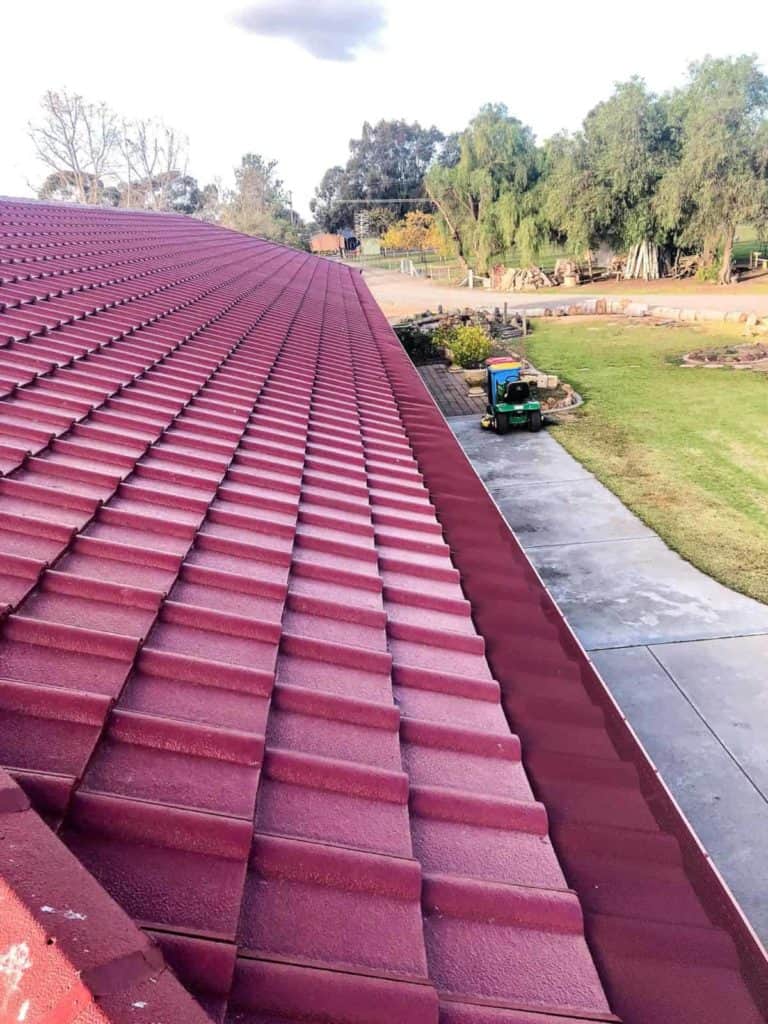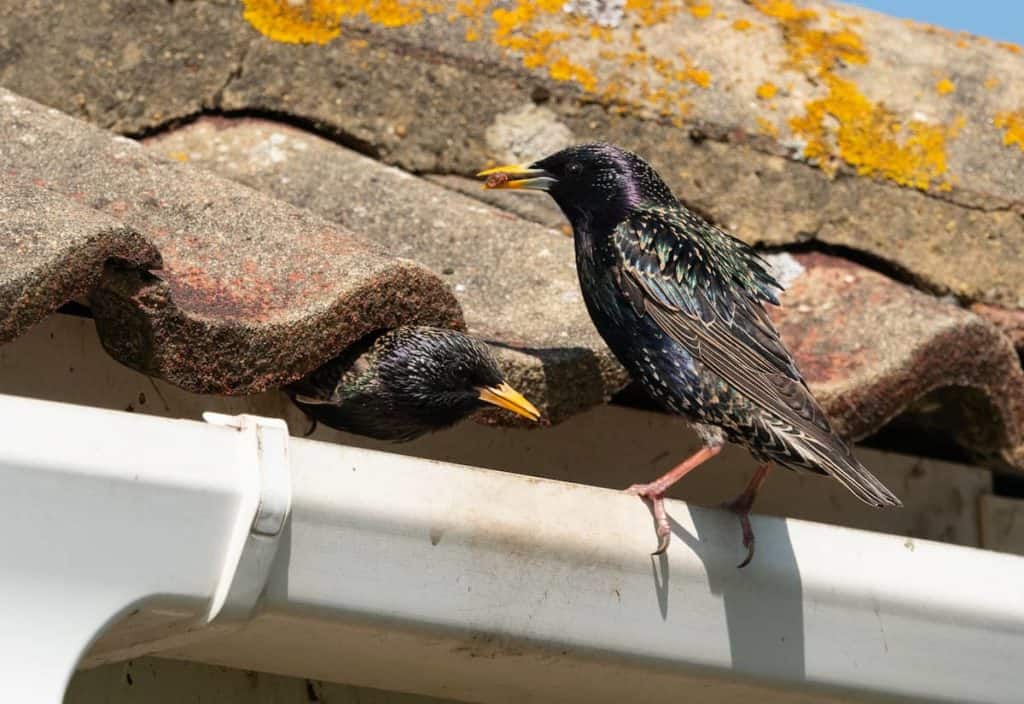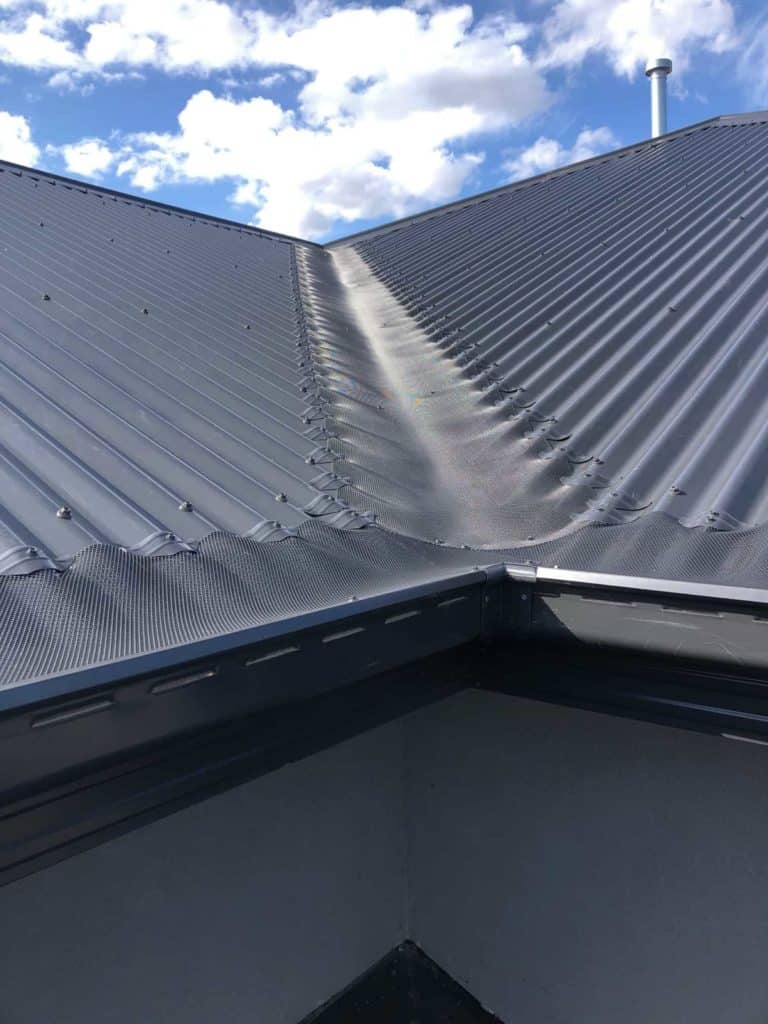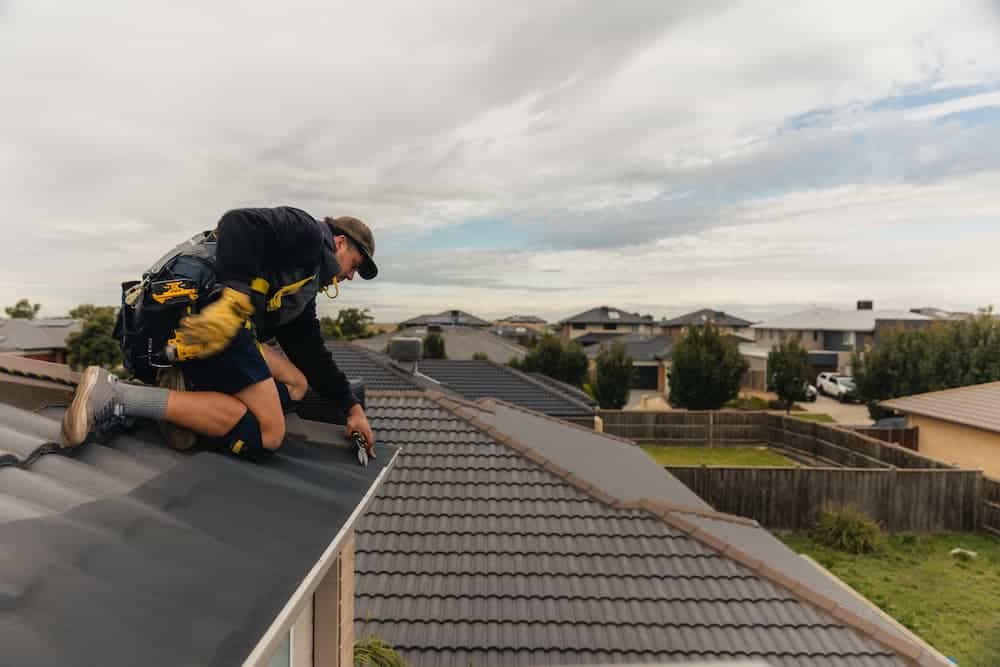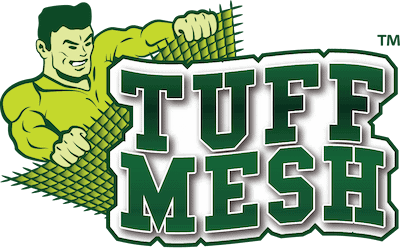What Gutter Guard is Best for Coastal Areas?
Living on the coast can be great, giving you access to beaches and the ability to make the best of the summer weather. But coastal areas can experience high levels of rainfall, which can often occur in the form of torrential downpours that can deliver huge amounts of water in very short periods. That can put a lot of pressure on your gutters and downpipes, which are there to take the water away from your property and safely into the drainage system or into rainwater storage.
The problem of high rainfall is made worse by blockages to your gutters, which can occur due to falling leaves, twigs and other debris blowing into your gutters and preventing the water flowing freely into the downpipes. That can cause gutters to overflow so that water runs down windows, doors and walls, resulting in staining and possible rot. It can also penetrate into the building and damage wall coverings, fascia boards and the walls themselves as well as threatening foundations and flooding basements. Water sitting in gutters for long periods can also cause them to rot if they’re made of wood or make them rust if metal.
Fitting the Best Gutter Guards for the Job
All these potential problems mean that action is needed to prevent them. The best way to do this in coastal areas, as well as other regions where rainfall is high, is to fit gutter guards. However, there are different types and you should choose the one that’s best for the job:
- Mesh gutter guards have small holes that allow water to get through but keep debris out and so prevent blockages
- Screen gutter guards are easy to install and can be made from plastic or metal
- Reverse curve gutter guards do tend to accumulate some debris and are difficult to remove for cleaning, so are the least popular type
- Bottlebrush gutter guards are best for protecting against large leaves and other debris due to their cylindrical form
- Foam gutter guards are made from polyurethane or polyether foam and fit inside the gutter to block debris while still allowing water to penetrate and run away.
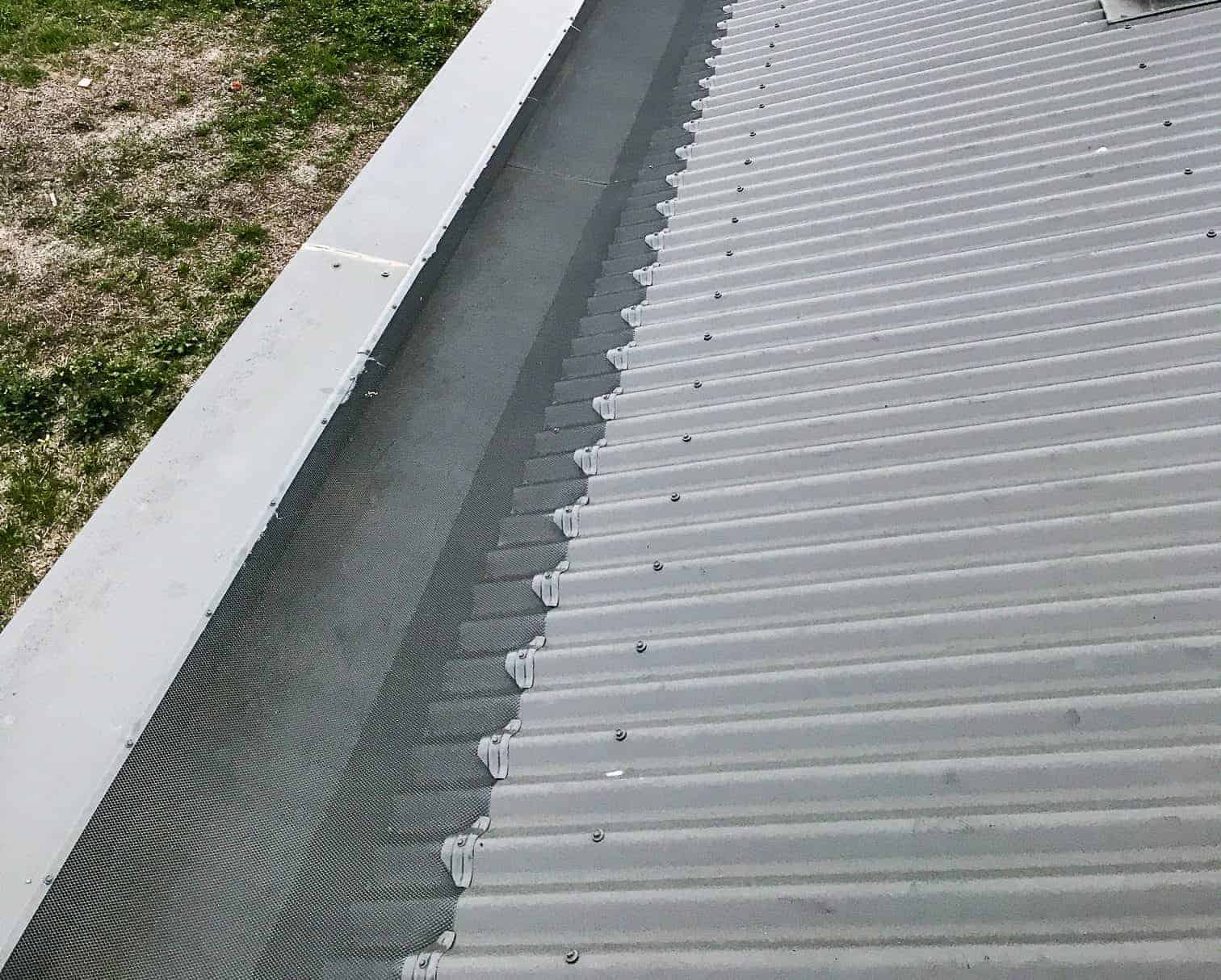
All of these types have their own advantages and disadvantages, although the mesh gutter guards are by far the most popular in all situations, including for use on coastal areas. They give higher levels of protection than other types, are overall more efficient, fit all kinds of gutters and roofs, and can easily be removed for cleaning and refitted.
Although the fitting of gutter guards may seem an inconvenience and an unnecessary expense, it should be seen as an investment since it will:
- keep your gutters and downpipes clear, so they’re not weighed down with soggy leaves, and that water can flow where it’s intended to go
- prevent damage to your property, avoiding rot, rust and other problems that can require expensive repairs
- avoid mould and mildew that are threats to health, particularly for those with breathing difficulties
- reduce the need for frequent maintenance and cleaning, often at high levels with obvious health and safety dangers, so you can spend more time doing other things
- deny access to birds, possums and other creatures that may otherwise gain entry to your roof space and cause damage and mess.
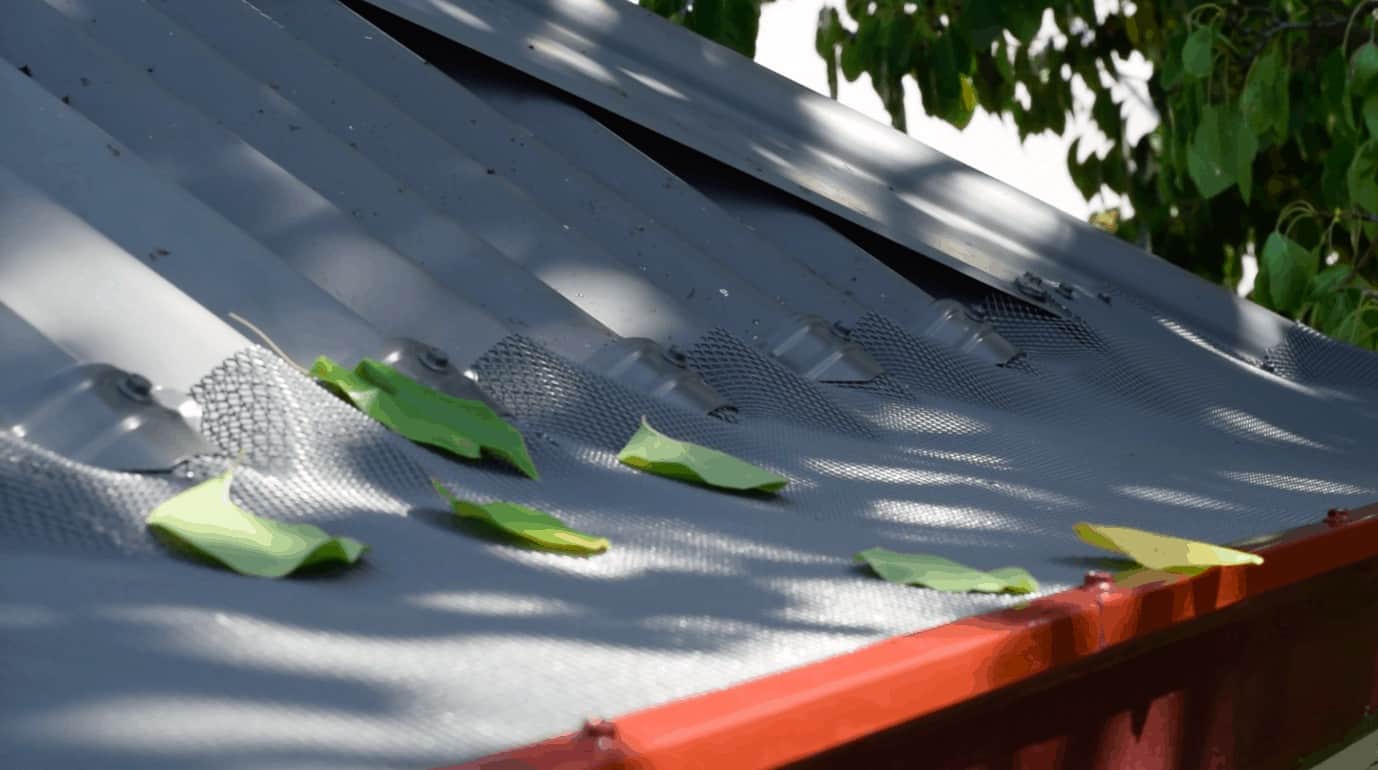
Caring for your Gutters and Gutter Guards
Gutter guards will not completely eliminate the need for cleaning and maintenance, but they will dramatically reduce the frequency and extent of what is needed. The guards will allow water to pass and it’s inevitable that this will include very small items of debris that can accumulate as silt in the gutters and eventually cause a blockage. However, this is extremely minor compared to the debris that can build up without gutter guards and will accumulate over a very long period rather than in a matter of weeks.
As for other parts of your property, you will need to ensure the gutters and gutter guards are kept clean and in good condition. This process is helped by fitting low-maintenance gutter guards that are made from long-lasting aluminium or polyethylene, which are both easy to clean and resistant to attack. In coastal areas, where there may be a salt build-up from seawater spray, polyethylene is often the best choice over metal products that may corrode over time.
If you are unsure about the best choice for your coastal property, get in touch with us at Aussie Gutter Protection. We can give you the benefit of our years of experience, advising on the most suitable type of gutter guards for your property. And since everything is designed and made here in Australia and we use only the best materials, you can be sure it’s well suited to deal with the conditions we encounter here, both on the coast and elsewhere.

